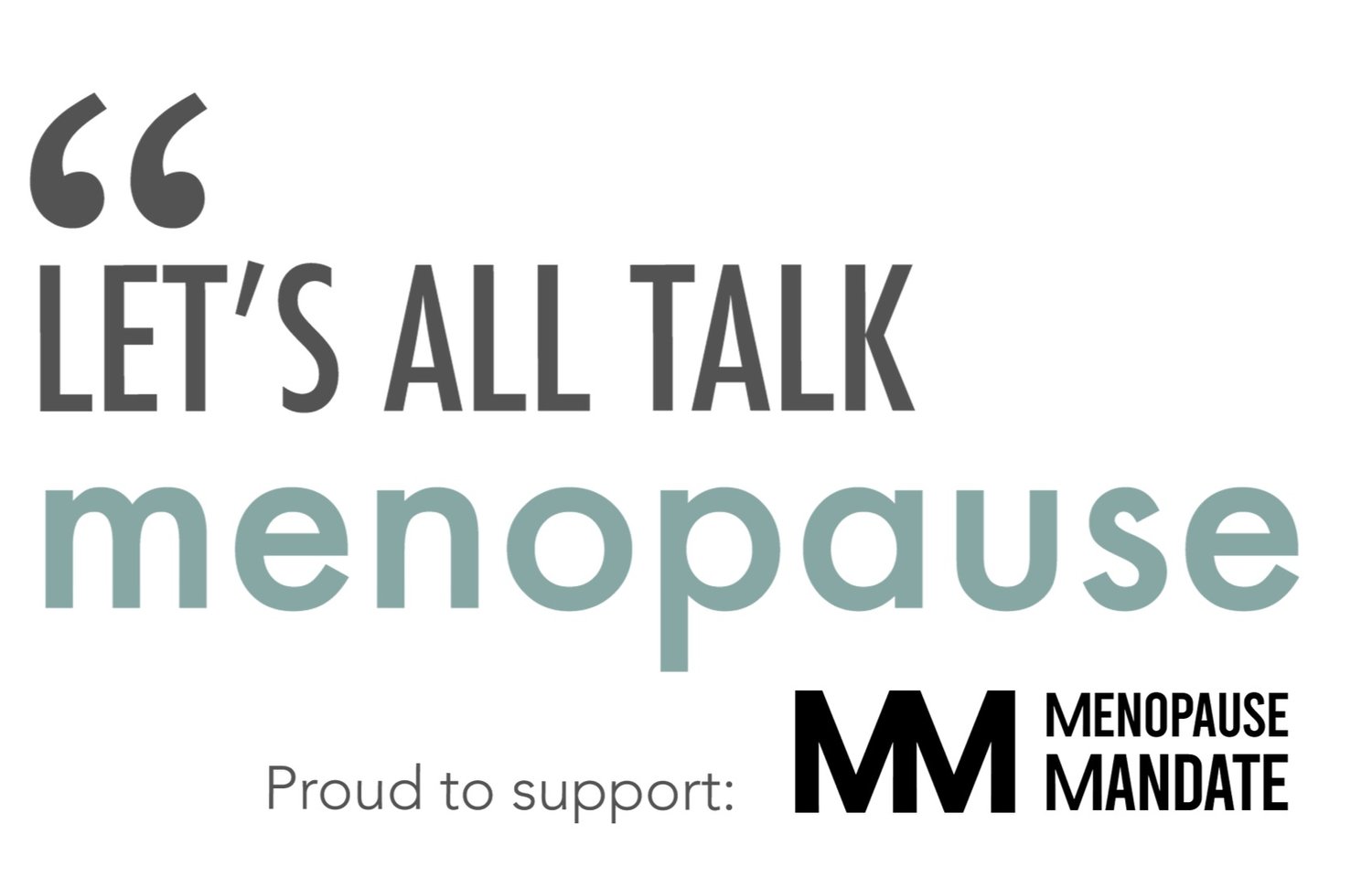Understanding POI: A Closer Look
With Consultant Gynaecologist Kate Maclaren
Premature Ovarian Insufficiency (POI) is a condition where the ovaries stop working as they should before a woman hits 40. It's a bit like an early onset menopause, but it can start as early as the teenage years, bringing a mix of symptoms that are usually associated with menopause.
What Exactly is POI?
POI happens when the ovaries don't produce enough oestrogen because there aren't enough eggs left. This causes a hormonal imbalance, leading to increased levels of follicle-stimulating hormone (FSH) as the brain tries to get the ovaries to kick into gear. The symptoms can include irregular periods, typical menopause symptoms like hot flashes, and difficulties with fertility.
The reasons behind POI can vary. It might be down to genetics, an autoimmune response, or even previous medical treatments like chemotherapy. Sometimes, the ovaries might still work off and on, which can occasionally lead to unexpected ovulation and pregnancy.
Spotting the Symptoms and Getting Diagnosed
The symptoms of POI can be tricky because they're similar to normal menopause symptoms—things like mood swings, hot flashes, and sleep issues. But about a quarter of those with POI don't show these typical symptoms, which can make diagnosis a bit of a puzzle.
To figure out if it's POI, doctors usually check hormone levels through blood tests. These tests are best done early in the menstrual cycle. They might also check for other things like autoimmune disorders if they think that could be the cause.
"If you have irregular periods for three or four months, you should be having testing for POI, regardless of age, really, because people might not have the classic symptoms."
How to Treat POI
The go-to treatment for POI is hormone replacement therapy (HRT), which helps manage the low oestrogen levels and reduces the risk of long-term health issues like osteoporosis and heart disease. HRT is usually recommended until the typical age of menopause, around 51.
For younger women, especially those who feel out of place taking more traditional HRT, the contraceptive pill might be used at first. It's simpler and doesn't make them stand out among their peers.
"It's really important that treatment is sort of focused, not just on managing the immediate symptoms but also optimizing future health."
Fertility Concerns with POI
Fertility is a big issue for many with POI because the condition means there are fewer eggs available. While natural pregnancy is still possible in some cases due to the occasional functioning of the ovaries, many women explore fertility treatments like IVF. However, success rates with one's own eggs can be low. Using donor eggs is another route that tends to have higher success rates.
"So essentially the ovaries aren't producing enough of the hormone oestrogen because the number of eggs in the ovaries has become really low."
Living with POI
"Life expectancy is completely normal, and you can really live a really healthy life."
Living with POI involves more than just medical treatment. It's about making lifestyle choices that support overall health—like eating right, staying active, and not smoking. It's also about finding support through groups and networks where others share their experiences and challenges.
"I think it's just that you know it. I really understand that kind of navigating the healthcare system is so tricky for people with POI and it's really just to say that there is honesty, support go out there."
Wrapping Up
Premature Ovarian Insufficiency isn't just a medical condition; it affects every aspect of life from fertility to daily well-being. Understanding what's happening, getting the right treatment, and connecting with others for support can make a huge difference. With the right approach, those with POI can manage their health effectively and lead fulfilling lives.
